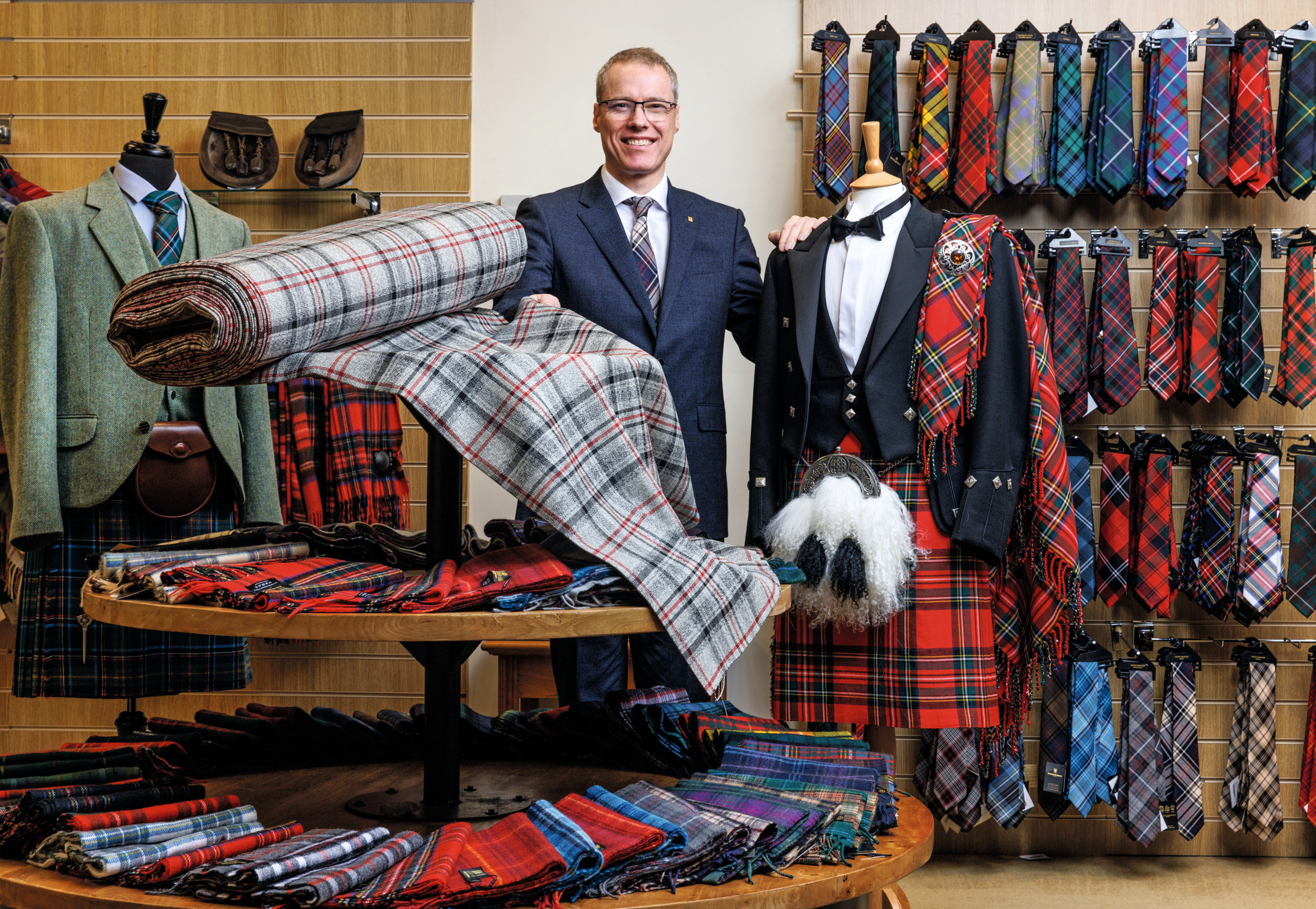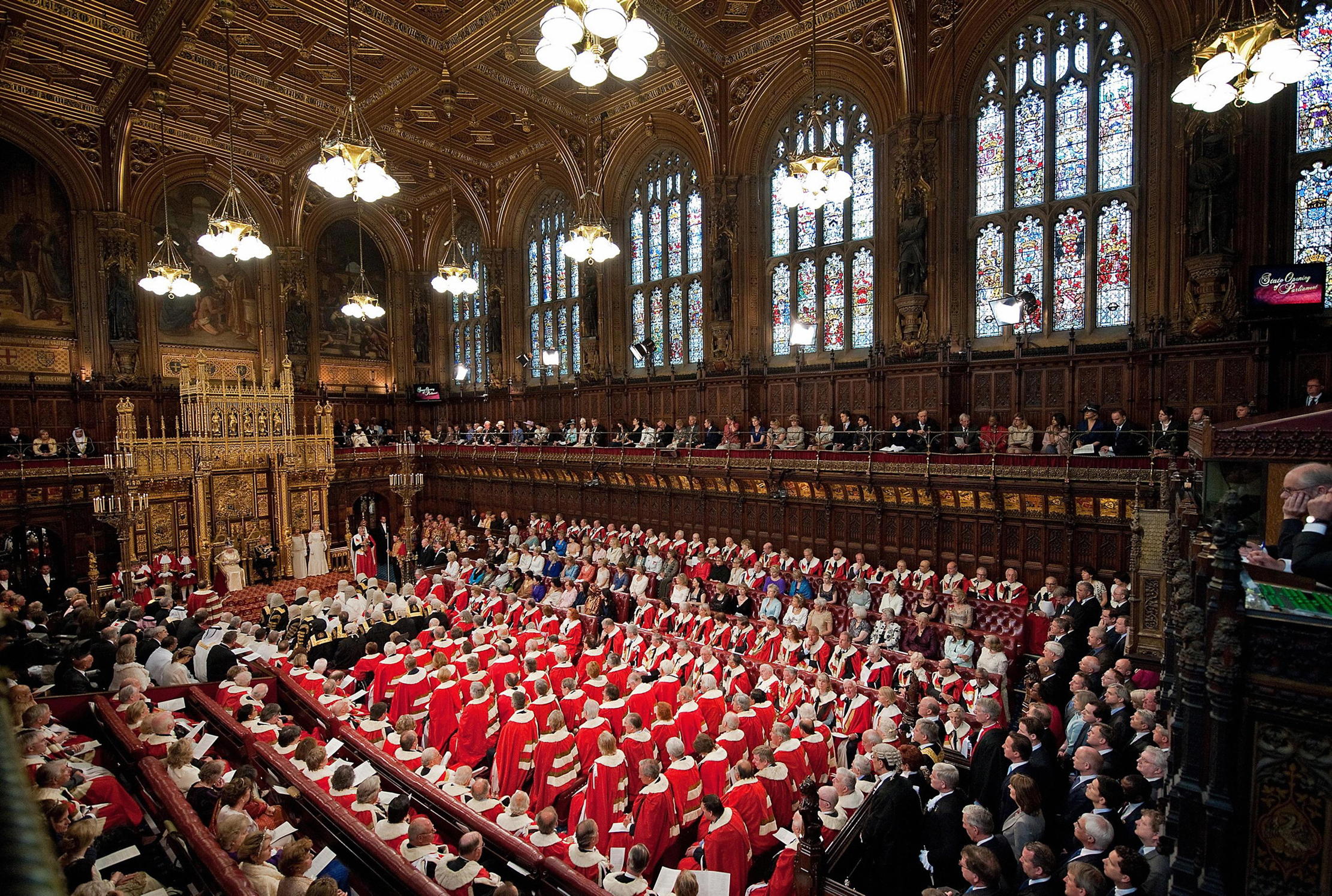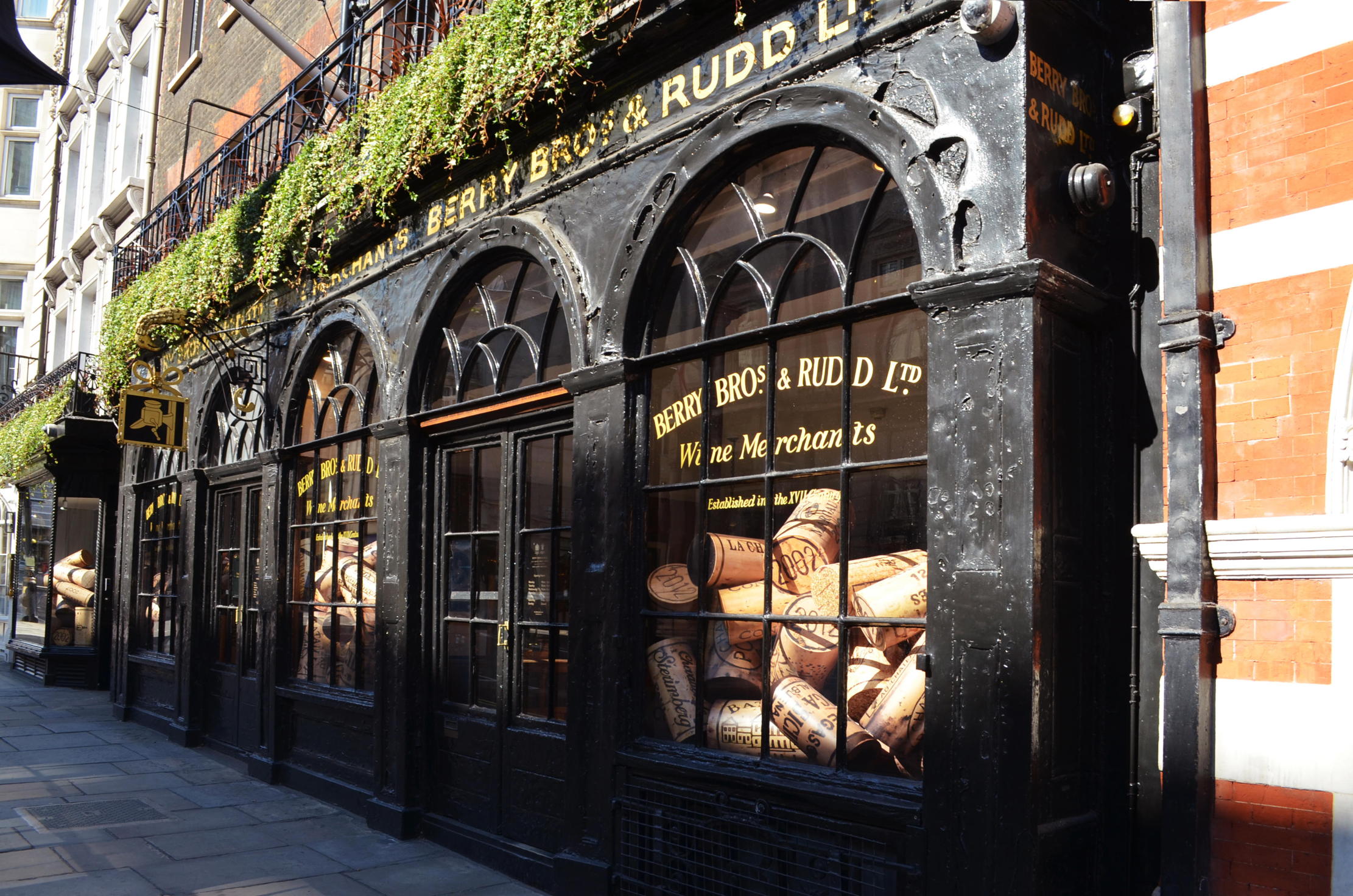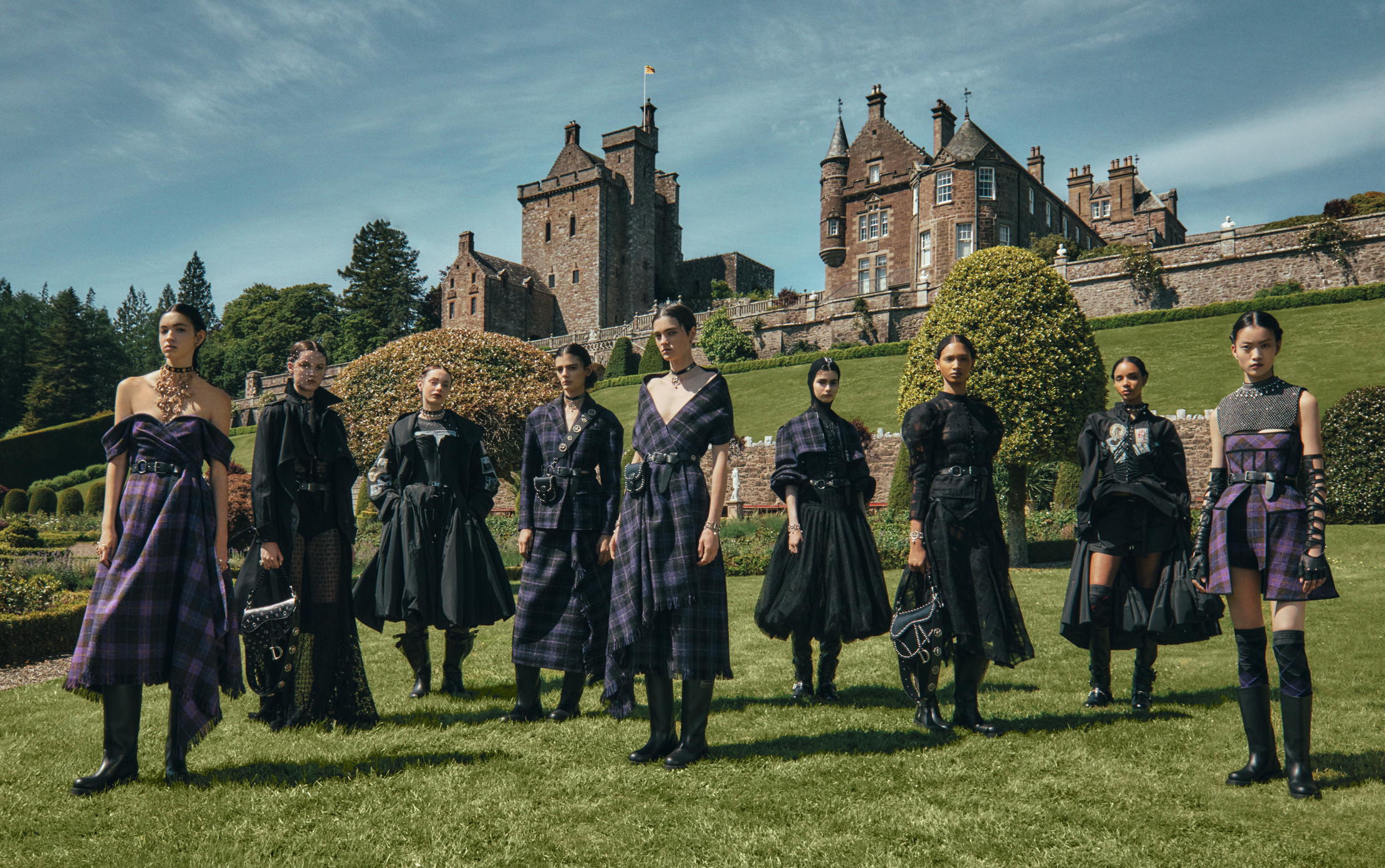Curious Questions: What is a Royal Warrant and how do you get one?
From biscuits to thatchers, a warrant from King Charles III (or other members of the family) is nothing short of a royal seal of approval.


In a world where influencers are paid to promote products across their social-media accounts, it can be difficult to know who and what to trust. Thankfully, when on the hunt for a genuine and honest recommendation, we can always turn to the original influencers: the Royal Family. The big names on Instagram and TikTok have only really been in play for the past decade or so, whereas the Royal Family has been leading the charge on what’s hot and what’s not for centuries and the ultimate stamp of approval is awarded in the form of a Royal Warrant of Appointment.
Granted as a mark of recognition to those who have regularly supplied goods or services to the Royal Household, the history of royal patronage can be traced back to medieval days, when tradespeople vied for the monarch’s favour. By the 15th century, the Lord Chamberlain, as head of the Royal Household, was formally appointing much sought-after Royal Warrants. They particularly flourished during the reign of Queen Victoria, who issued close to 2,000 of them. Such endorsement delivered unsurpassable prestige, assuring the public that a company’s products had met, or even exceeded, the highest of standards.
'A glimpse of the royal arms displayed alongside a company’s branding or on the wall of its premises inspires quiet confidence'
Things are not so different in the 21st century — a glimpse of the royal arms displayed alongside a company’s branding or on the wall of its premises inspires quiet confidence in a customer and to be granted a Royal Warrant remains a significant source of pride for its holders. In May 2024, The King and The Queen issued their first Royal Warrants of the new reign, granting them to 145 companies that had previously held one to The King as The Prince of Wales.
Encompassing tree growers, tailors and chimney sweeps, the list of honoured suppliers is wonderfully eclectic, but each company has one thing in common — the royal seal of approval.
In short: what are Royal Warrants?
- A Royal Warrant of Appointment is the document that appoints a company or individual in a trading capacity to the Royal Household
- Warrants are granted by the monarch and other senior members of the Royal Family — Charles III has appointed 145 companies and, of those, seven have also received a Royal Warrant of Appointment to The Queen
- A company must have been supplying products or services to the Royal Household for at least five years and all business is conducted on a commercial basis
- Applicants are required to demonstrate that they have a good environmental and sustainability policy and action plan
- Royal Warrants are granted for up to five years before they are reviewed for possible renewal
Katy Birchall is an author and journalist

The end of deference: Why using the right title matters
It might be an 'old-world problem', but using incorrect form when addressing someone is a symptom of laziness and inaccuracy

The (royal) seal of approval: Shoes, hats, socks, whiskies and a gold dachshund.
Shop with the blessing of royalty, as Hetty Lintell chooses luxuries made by companies with a Royal Warrant.
Exquisite houses, the beauty of Nature, and how to get the most from your life, straight to your inbox.

When Christian Dior came to Scotland: 'I was even more struck by the beauty of the country, the castles, and the moors, than I had expected'
Seventy years after Christian Dior’s last fashion show in Scotland, the brand returned under creative director Maria Grazia Chiuri for
Katy Birchall is a journalist and the author of several young adult and teen novels, including The It Girl series and the Hotel Royale series. She has written a retelling of Jane Austen’s Emma for the Awesomely Austen series and the Netflix spin-off novel Sex Education: The Road Trip. She is also the author of several romantic comedies for adults including The Secret Bridesmaid and The Wedding Season. She writes romantic fiction for young adults under the name Ivy Bailey, romantic-comedy under the name Katrina Logan, and romantic sports fiction for adults under Katherine Reilly. She lives in London with her husband, daughter and rescue dog.
